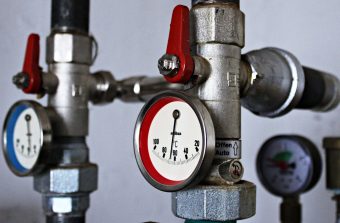
The world’s demand for natural gas is set to decline slightly in 2022. as a result of higher prices and market disruptions caused by war in Ukraine, according to the International Energy Agency’s latest quarterly update.
The expected small contraction in global gas demand compares with the IEA’s earlier forecast of one per cent growth in the previous quarterly update published in January. The downward revision to the forecast amounts to 50 billion cubic meters, the equivalent of about half of last year’s US liquefied natural gas exports. Global natural gas consumption grew by 4.5 per cent in 2021.
War in Ukraine has added further pressure and uncertainty to an already tight natural gas market, especially in Europe. While there are no legal restrictions on importing Russian natural gas to the European Union at this point, the war has pushed EU governments to seek to reduce their dependence on Russian fossil fuel imports as quickly as possible. The IEA published a 10-Point Plan on 3 March outlining a suite of measures to reduce the volume of Russian gas imports into Europe by over a third within a year while remaining consistent with the EU’s climate ambitions.
More:
- Energy Security: Commission Hosts First Meeting of EU Energy Purchase Platform to Secure Supply…
- SEEGAS Addresses Vulnerabilities to Gas Disruptions in South-East Europe
- Joint Event Highlights Latest Actions to Tackle Methane Emissions in the Gas Sector
Spot gas prices have soared to record highs as Europe’s push for more diversified natural gas supply has intensified demand for liquefied natural gas (LNG) cargoes, with some being diverted away from Asia. Average spot LNG prices in Asia during the 2021-22 heating season were more than four times their five-year average. In Europe, spot LNG prices were five times their five-year average, in spite of a mild winter.
The prices were also boosted by Russia’s moves, even before war in Ukraine, to drastically reduce short-term gas sales to Europe, which had left European storage levels 17 per cent below their five-year average at the start of the European heating season.
Source: IEA



